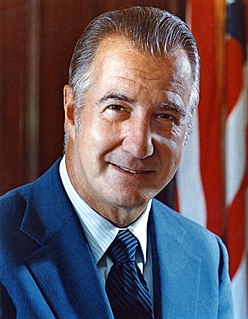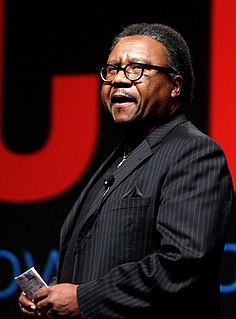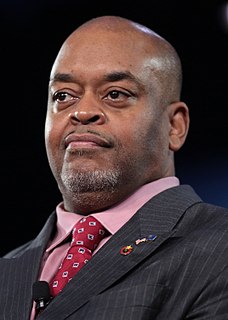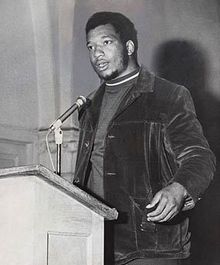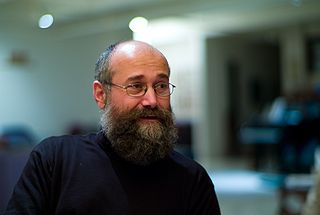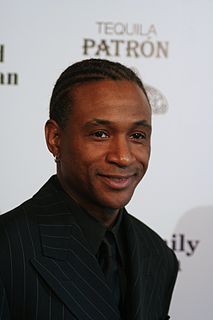A Quote by Spiro T. Agnew
As for those deserters, malcontents, radicals, incendiaries, the civil and uncivil disobedients among the young, SDS, PLP, Weathermen I and Weathermen II, the revolutionary action movement, the Black United Front, Yippies, Hippies, Yahoos, Black Panthers, Lions and Tigers alike - I would swap the whole damn zoo for a single platoon of the kind of young Americans I saw in Vietnam.
Related Quotes
The civil rights movement didn't deal with the issue of political disenfranchisement in the Northern cities. It didn't deal with the issues that were happening in places like Detroit, where there was a deep process of deindustrialization going on. So you have this response of angry young people, with a war going on in Vietnam, a poverty program that was insufficient, and police brutality. All these things gave rise to the black power movement. The black power movement was not a separation from the civil rights movement, but a continuation of this whole process of democratization.
Particularly black Americans, many of them, from quotes that I have seen and conversations I've had, are sort of insulted that the civil rights movement is being hijacked - the rhetoric of the civil rights movement is being hijacked for something like same sex marriage. Black Americans tend to have a higher degree of religiosity.
Part of what I am dealing with, with this blackness, is asking the question, "Where are those black people, who are as dark as the description of a young black boy that Solomon Northup gives in 12 Years A Slave?" He describes the young black 14-year-old boy as "blacker than any crow." You have to question if he is using that metaphorically or as a descriptive?
Generally, the arguments for same-sex marriage go along these lines: 'I have a civil right.' What the homosexual movement wants to do is to hitch their agenda to the civil rights movement, but I point out that this is illegitimate for a number of reasons. Number one, no black person has ever left his black-ness or changed his black-ness, but plenty of people have come out of the homosexual movement. What we need to do is distinguish between race and behavior.
The Organization of Afro-American Unity was an organization that was a secular group. It largely consisted of people that we would later call several years later Black Powerites, Black nationalists, progressives coming out of the Black freedom struggle, the northern students' movement, people - students, young people, professionals, workers, who were dedicated to Black activism and militancy, but outside of the context of Islam.
